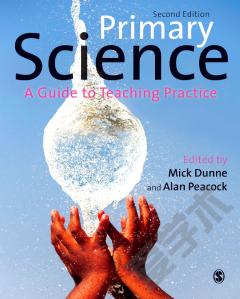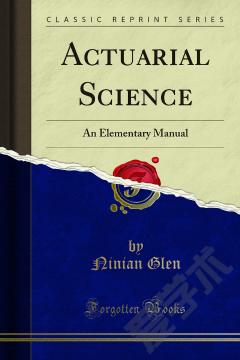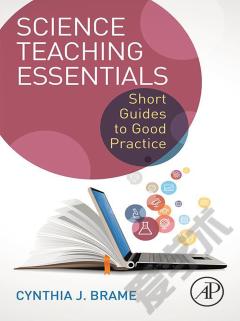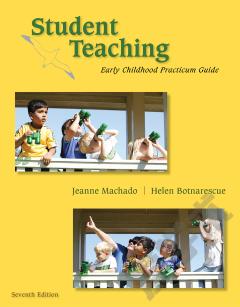A Guide to Teaching Elementary Science —— Ten Easy Steps
----- 基础科学教学指南:十大简单步骤
Preface -- Acknowledgements -- List of Figures and Tables -- Introduction -- Part I: Ten Easy Steps -- Step One: Know What You Want to Accomplish -- Organize and Plan -- Planning a Science Curriculum -- The Need to be Flexible -- Key Points -- Step Two: Set the Stage -- The Constructivist Learning Theory -- Teacher Efficacy -- Questioning Techniques -- Develop a Science Discourse -- Enhance Studentsâ Natural Curiosity -- Key Points -- Step Three: Create a Learning Atmosphere -- Defining Expectations -- A Disciplined Approach -- Classroom Configuration -- Safety in Your Classroom -- Key Points -- Step Four: Integrate the Curriculum -- Why Integrate the Disciplines? -- Integrating Language Arts -- Integrating Mathematics -- Integrating Social Studies -- Integrating Art -- Integrating Engineering -- Key Points -- Step Five: Engage the Learner -- Grab Their Attention -- Inquiry-Based Learning -- Becoming Empowered -- Three Approaches of Inquiry-Based Learning -- The 5-E Instructional Model -- Examples Using the 5-E Instructional Model -- Teach All Learners -- Summing up -- Key Points -- Step Six: Assemble Your Materials -- Overcome Obstacles -- Plan Ahead and Gather Materials -- Establish a Place -- Motivate Your Students -- Key Points -- Step Seven: Establish Cooperative Learning Groups -- The Science Process Skills/Practices -- Learning Communication Skills -- Encouraging Interaction -- Structure or Non-Structure -- Key Points -- Step Eight: Implement Technology -- Science, Technology, Engineering, and Mathematics â or STEM -- Technology in the Classroom -- Technology and Science -- Key Points -- Step Nine: Reflect and Assess -- Inquiry-Learning Assessments -- Three Kinds of Assessment -- How to Assess in an Inquiry-Based Science Classroom -- Formative Assessment Samples -- Commenting on Student-Written Work -- Reflect and Modify -- Key Points -- Step Ten: Extend and Apply -- Extend the Lesson and Apply Science to Everyday Life -- Science Fair Projects -- Field Trips -- Everyday Science -- Key Points -- Part II: Lesson Plans -- Physical Sciences: PS2 â Matter and Stability: Forces and Interactions -- Primary Lesson Plan: Moving Cars -- Intermediate Lesson Plan: Small Marble/Large Marble -- Life Sciences: LS2 â Ecosystems: Interactions, Energy and Dynamics -- Primary Lesson Plan: Food Pyramid -- Intermediate Lesson Plan: Animal Adaptation -- Earth and Space Sciences: ESS1 â Earthâs Place in the Universe -- Primary Lesson Plan: Learning about the Water Cycle -- Intermediate Lesson Plan: Weather Station -- Engineering, Technology, and Applications of Science: ETS1 â Engineering Design -- Primary Lesson Plan: Boat Building -- Intermediate Lesson Plan: Building Bridges -- Lesson Plan Favorites -- M&Mâs Primary or Intermediate Lesson Plan -- Mystery Powder Primary or Intermediate Lesson Plan -- Parachutes Intermediate Lesson Plan -- Rocket Racers Intermediate Lesson Plan -- Swingers Intermediate Lesson Plan -- Observations Primary Lesson Plan -- Fingerprinting Primary or Intermediate Lesson Plan -- Conclusion -- Appendices -- Appendix I. Elements of a Science Fair Project -- Appendix II. Teacher-Made Assessments -- Appendix III. Learning Responsibilities -- Appendix IV. The Everglades Model -- Valuable Websites/Resources -- Index.
{{comment.content}}








 京公网安备 11010802027623号
京公网安备 11010802027623号